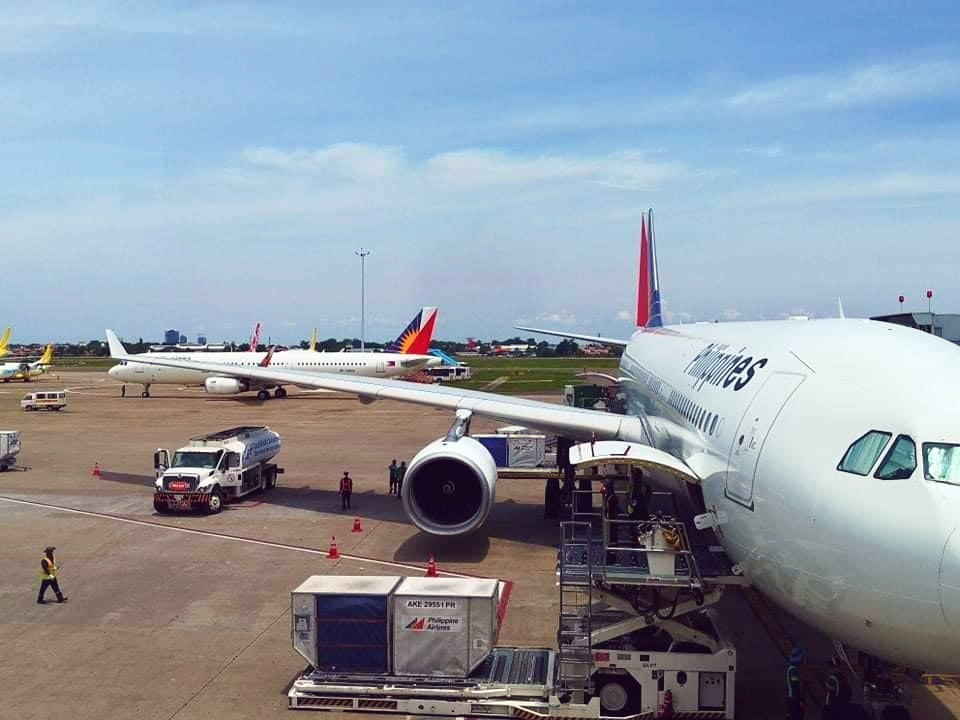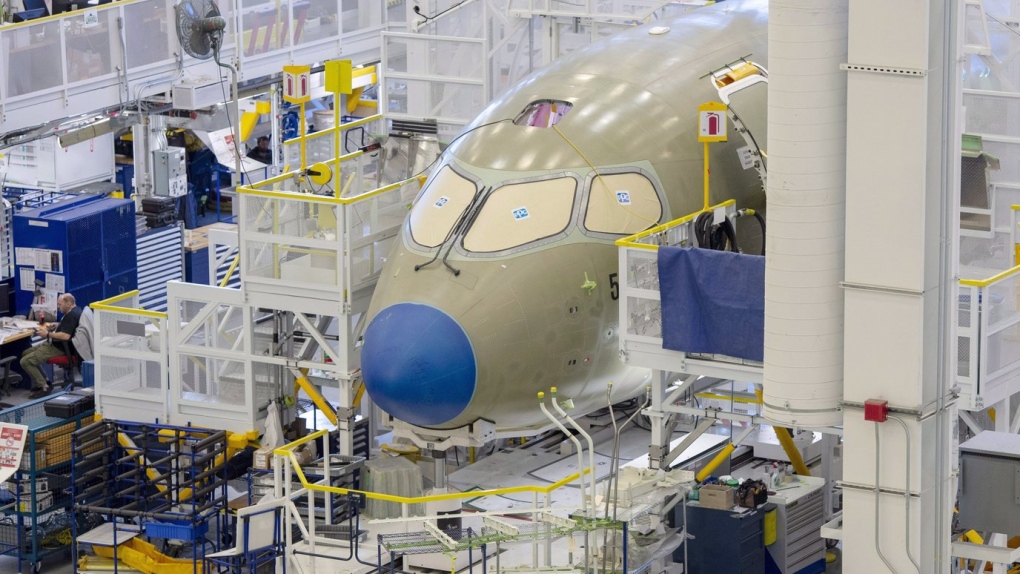The Federal Aviation Administration is investigating how titanium with falsified documentation made its way into components used on recently manufactured Boeing and Airbus jets, raising potential safety concerns.
According to the FAA, Boeing reported that a distributor may have provided incorrect records for titanium used in the procurement of aircraft parts. The agency said Boeing has issued guidance to suppliers on detecting falsified records.
The questionable titanium was supplied to Spirit AeroSystems, a major components maker for both Boeing and Airbus. Spirit discovered holes in the material, likely from corrosion, prompting an investigation into the titanium’s origin and documentation.
“This is about documents that have been falsified, forged, and counterfeited,” said Joe Buccino, a Spirit spokesperson, as reported by The New York Times.
“Once we realized the counterfeit titanium made its way into the supply chain, we immediately contained all suspected parts to determine the scope of the issues.”
While the full extent of the problem is unclear, the affected parts include cargo doors, engine components, and heat shields on various Boeing 737 MAX, 787 Dreamliner, and Airbus A220 models manufactured between 2019 and 2023.
Both Boeing and Airbus have stated that tests conducted so far indicate the correct titanium alloy was used, and there are no immediate safety concerns for in-service aircraft. However, Boeing said it would remove any affected parts from undelivered planes.
“Our analysis shows the in-service fleet can continue to fly safely,” Boeing said in a statement.
Airbus also maintained that “the A220’s airworthiness remains intact,” adding that numerous tests have been conducted on the affected parts.
The FAA said it is working to determine the short- and long-term safety implications and the root cause of the documentation issues.


























Leave a comment